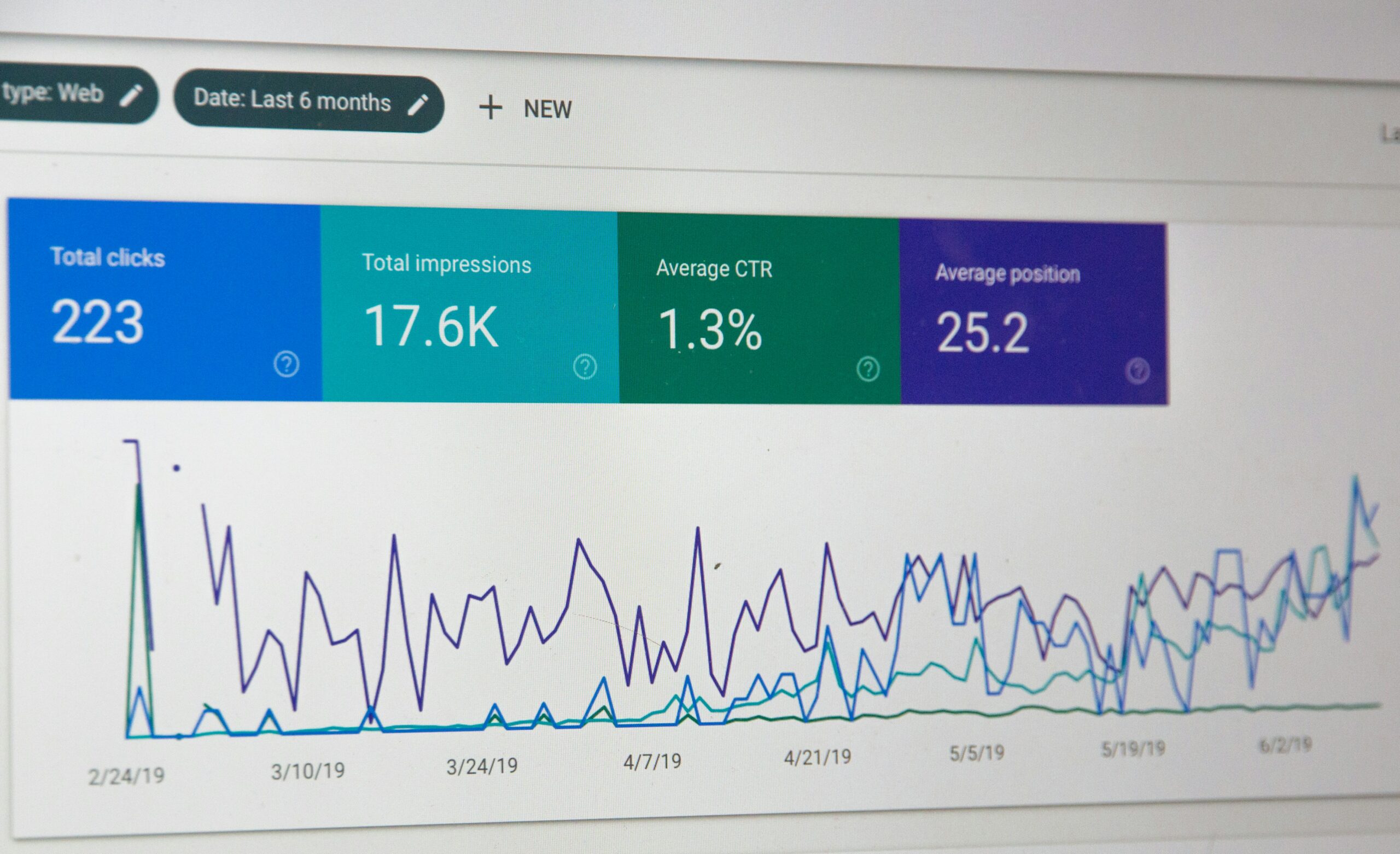Every detail matters in the SEO world. One such detail is the meta description.
What is a meta description? It’s is a brief summary of a webpage’s content. It appears under the title and URL in search engine results.
While it may seem minor, a well-crafted meta description can significantly influence a user’s decision to click on a search result. It’s a powerful tool in your SEO arsenal.
However, writing a compelling meta description requires a clear understanding of the content and the audience’s needs. It’s not just about stuffing keywords.
Below, we’ll explore the importance of meta descriptions. We’ll also provide actionable insights on how to write a meta description that can improve your click-through rates (CTR).
Whether you’re a digital marketer, an SEO specialist, a content writer, or a website owner, this guide is for you. Let’s get started.
What Is a Meta Description
A meta description is a concise summary that provides a snapshot of what a webpage is about. Think of it like a movie trailer, giving users a preview of the content before they decide to click.
The meta description looks like this:
 Typically, a meta description is 150-160 characters long. It’s important to note that search engines like Google sometimes use these descriptions to generate search result snippets. Therefore, a well-written meta description can make your webpage stand out in the search results.
Typically, a meta description is 150-160 characters long. It’s important to note that search engines like Google sometimes use these descriptions to generate search result snippets. Therefore, a well-written meta description can make your webpage stand out in the search results.
However, search engines will sometimes create their own meta descriptions to better match the user’s search or if it finds yours not descriptive enough.
The Role of Meta Descriptions in Search Engines
Meta descriptions play a crucial role in search engines. They appear under the title and URL in search engine results, providing a brief overview of the page’s content. This helps users decide whether the page is relevant to their search query.
While meta descriptions do not directly influence search rankings, they can impact click-through rates (CTR), which can affect rankings over time. A compelling meta description can encourage users to click on your page, increasing your site’s visibility and traffic. since CTR is an indirect SEO ranking factor, making meta descriptions an essential part of your SEO strategy.
How Meta Descriptions Affect CTR
A meta description’s impact on CTRs is significant. A well-crafted meta description can influence a user’s decision to click on a search result. It serves as a sort of sales pitch for your content, enticing users to choose your page over others in the search results.
However, it’s important to note that a misleading meta description can lead to high bounce rates. If your meta description promises something your content doesn’t deliver, users will leave your page quickly. This can negatively affect your site’s reputation and search engine ranking.
How To Write a Good Meta Description
Writing a compelling meta description requires a good understanding of your content and audience. It should accurately represent the content of the page and meet the searcher’s needs. A good meta description provides a clear value proposition to the reader, explaining why they should click on your link instead of others.
Incorporating Target Keywords
Incorporating target keywords in your meta description can make it more relevant to search queries. while adding keywords to the meta description has no direct impact on ranking, it helps your page appear more relevant to the user’s search. This, in turn, increasing the likelihood of them clicking on your link. However, avoid keyword stuffing as it can lead to a negative user experience and looks spammy. Also, the search engine would likely overwrite it on the search engine results page (SERP).
Using Action-Oriented Language and a CTA
Using active voice and action-oriented language can make your meta description more compelling. Including a call-to-action (CTA) can also encourage users to click through to your website. A CTA like “Learn more”, “Get started”, or “Buy now” can prompt users to take action.
Keeping It Unique and Avoiding Duplication
Each page on your website should have a unique meta description. This helps searchers understand the unique value of each page. Duplication of meta descriptions across multiple pages can tur off searchers and result in lower CTR. Always ensure that your meta descriptions accurately represent the content of each page.
Best Practices for Writing Meta Descriptions
When writing meta descriptions, there are several best practices to keep in mind. These can help you craft descriptions that are both compelling to users and favorable to search engines.
Here are some key points to consider:
Length Matters: The Optimal Meta Description
The length of your meta description can impact its effectiveness. The typical length of a meta description is between 150-160 characters. This is because search engines often truncate longer descriptions.
However, it’s not just about meeting a character count. Your meta description should be long enough to clearly convey the page’s value, but short enough to be easily digestible.
Tone and Clarity: Speaking to Your Audience
The tone of your meta description should align with your brand voice and resonate with your target audience. It should be clear, concise, and easy to understand. Every meta description should contain three main elements:
- Addressing the searcher’s desires (intent)
- How your page will meet their desires (value)
- Next steps (call-to-action)
Remember, your meta description is often the first impression users have of your content. Make sure it’s a good one by speaking directly to your audience’s needs and interests.
Common Mistakes to Avoid in Meta Descriptions
While crafting meta descriptions, it’s equally important to be aware of common pitfalls. Avoiding these mistakes can help improve your click-through rates and overall SEO performance.
Here are some common mistakes to avoid:
- Duplication: Each page on your website should have a unique meta description. Duplication can confuse users and search engines.
- Keyword stuffing: Overloading your meta description with keywords can make it unreadable and may get it overwritten on the search engine results page (SERP).
- Being too vague: Your meta description should accurately represent the content of the page. Avoid generic descriptions that don’t provide value to the reader.
- Ignoring the meta description: Neglecting to write a meta description can result in search engines pulling random content from your page, which may not effectively convey the value of your content.
Measuring the Success of Your Meta Descriptions

Once you’ve crafted your meta descriptions, it’s crucial to measure their effectiveness. You can do this by monitoring your click-through rates (CTRs) from SERPs.
Tools like Google Search Console can provide valuable insights into how your meta descriptions are performing. Start by benchmarking a page’s current CTR, updating the meta descriptions, then monitoring the page’s you updated over the next few months to see if the CTR increases or decreases. Once you find a meta description strategy that works with your readers, apply a similar strategy to all pages.
By analyzing this data, you can identify which descriptions are driving traffic and which ones may need to be optimized.
The Future of Meta Descriptions and SEO
As search engine algorithms continue to evolve, the role of meta descriptions may change. However, their importance in providing a snapshot of your page’s content to users is likely to remain.
With the rise of voice search and AI, crafting compelling meta descriptions that resonate with users and align with search intent will continue to be a crucial aspect of SEO.
The Continuous Importance of Meta Descriptions
In conclusion, meta descriptions play a pivotal role in enhancing the visibility of your website on search engines. They serve as a compelling invitation to potential visitors, making them an indispensable tool in your SEO and content writing toolkit.
Need help crafting outstanding meta descriptions? Contact an OptiPro SEO representative today to review our automotive SEO packages that include meta description audits and updates.
Required


